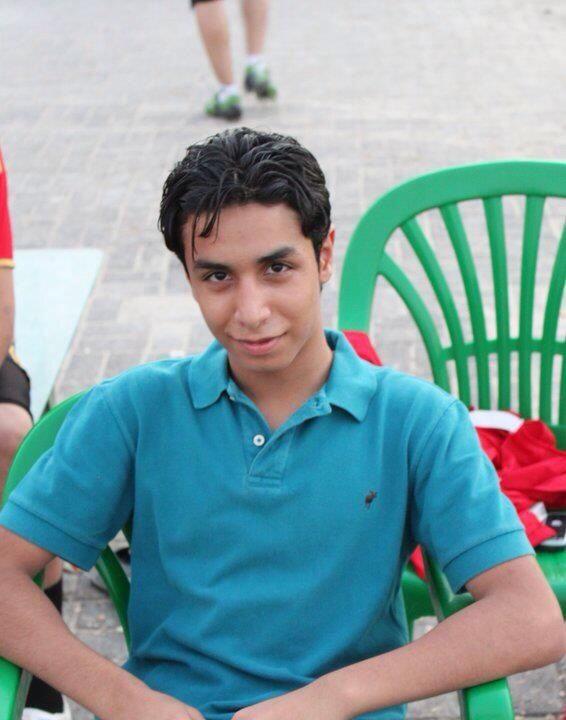
Despite Ali being a minor at the time of his arrest, in 2012 he was violently run over by the Saudi authorities, in what was the start of a long and deeply flawed process, which led to him eventually being sentenced to death in 2015. During his detention, he was tortured into confession,, held incommunicado for several months and denied access to a lawyer during interrogation and in the pre-trial phase.
During his trial, which was held in the notorious specialised criminal court, a secretive terrorism court in Riyadh, where he underwent a deeply flawed trial devoid of due process safeguards, and where he was denied access to legal counsel, and his torture based confessions were used to convict him.
Ali Al-Nimr and countless other minors, such as Dawood Al-Marhoon and Abdullah Al-Zaher remain on death, awaiting implementation orders for their execution.
In November 2016 ESOHR also initiated the an opinion from the UN working group for arbitrary detention for these three minors. Based on the complaint submitted by ESOHR, the UN working group were of the opinion that: ‘The deprivation of liberty of the three minors, being in contravention of articles 9, 10, 11, 19 and 20 of the Universal Declaration of Human Rights is arbitrary and falls within categories I, II and III.’ (para. 65).
To date, there has been no change in their status, they continue to await on death row, despite assurances given to the former UK foreign secretary who stated that ‘Ali Al-Nimr would not be executed’. Diplomatic assurances, which are not legally binding, have not been effective in predicting the outcome of death penalty cases in the past.
The presence of pro-democracy protesters on death row signals that the reforms that have been widely marketed by the Saudi government are nothing more than superficial, as true reforms cannot take place if individual’s right to life is being violated whilst exercising fundamental rights such as expression and opinion.
ESOHR would like to clarify, that the death penalty against Ali Al-Nimr is unlawful and a clear violation of international human rights law, in particular the right to life, where it is clearly articulated that capital punishment cannot be issued where there has been an unfair trial, and cannot be applied to minors (those under 18 years old at the time of the ‘crime’). Thus Ali Al-Nimr’s owing to the unlawfulness of Ali Al-Nimr’s death penalty ruling, and that if other similar minor protester cases, Illustrates the Saudi governments hypocrisy with regards to reforms and human rights.
The Saudi government should immediately release these protesters, and honour their commitment to human rights norms, particularly bearing in mind they hold a current active seat at the UN human rights council. The international community should honour their commitment to abolition of the death penalty, particularly where it violates existing international law.
